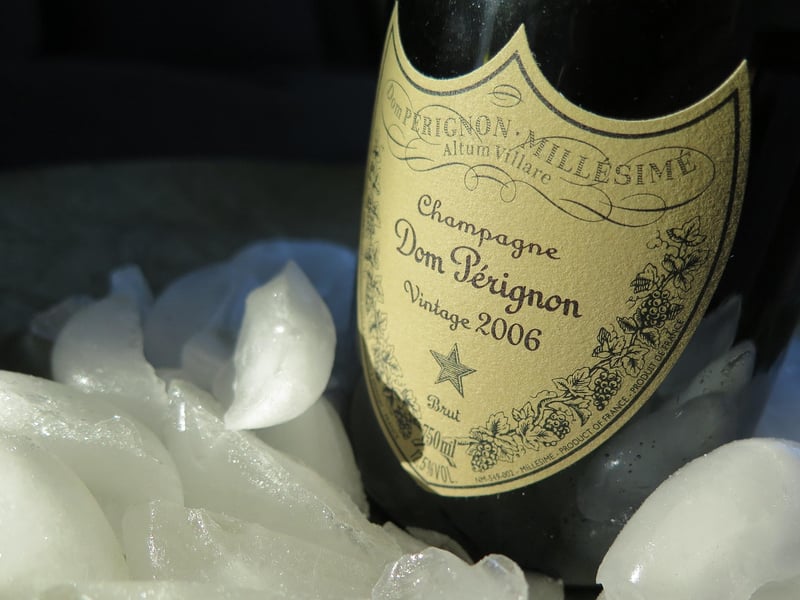Historical Etiquette

Useful Advice for Time Travelers and Historical Etiquette
Introduction
Time travel has long captured the imagination of humanity, with countless works of fiction exploring the possibilities and consequences of journeying through time. While time travel remains a theoretical concept, it's always fun to imagine what it would be like to visit different historical periods. However, to avoid unintentionally causing a time paradox or offending the locals, it's essential to be mindful of historical etiquette and cultural norms.
Useful Advice for Time Travelers:
- Blend In: Dress according to the era you are visiting to avoid standing out. Research the fashion of the time and try to mimic it as closely as possible.
- Learn the Language: If you are traveling to a time where a different language is spoken, take the time to learn basic phrases to communicate effectively.
- Avoid Major Historical Events: Interfering with significant historical events can have unforeseen consequences. It's best to observe from a distance rather than alter the course of history.
- Respect Local Customs: Be aware of the cultural norms and customs of the time period you are visiting to avoid unintentionally causing offense.
- Keep a Low Profile: Avoid drawing unnecessary attention to yourself to prevent altering the timeline or attracting unwanted scrutiny.
Historical Etiquette:
Understanding the etiquette of different historical periods can help you navigate social interactions with ease and avoid embarrassing faux pas. Here are some tips for observing historical etiquette:
Victorian Era:
- Mind Your Manners: Politeness and proper etiquette were highly valued during the Victorian era. Remember to address people with respect and observe formalities in social settings.
- Dress Modestly: Modesty in attire was essential during this period. Avoid revealing clothing and opt for modest, conservative outfits.
Renaissance Period:
- Appreciate Art and Culture: The Renaissance was a time of great artistic and cultural flourishing. Show an interest in art, literature, and music to fit in with the intellectual elite of the period.
- Engage in Intellectual Discourse: Intellectual conversations were highly prized during the Renaissance. Be prepared to discuss philosophy, science, and literature with your peers.
Conclusion
Time travel, while a fascinating concept, comes with its own set of challenges and responsibilities. By following the advice for time travelers and observing historical etiquette, you can make the most of your journey through time while respecting the past and its inhabitants.